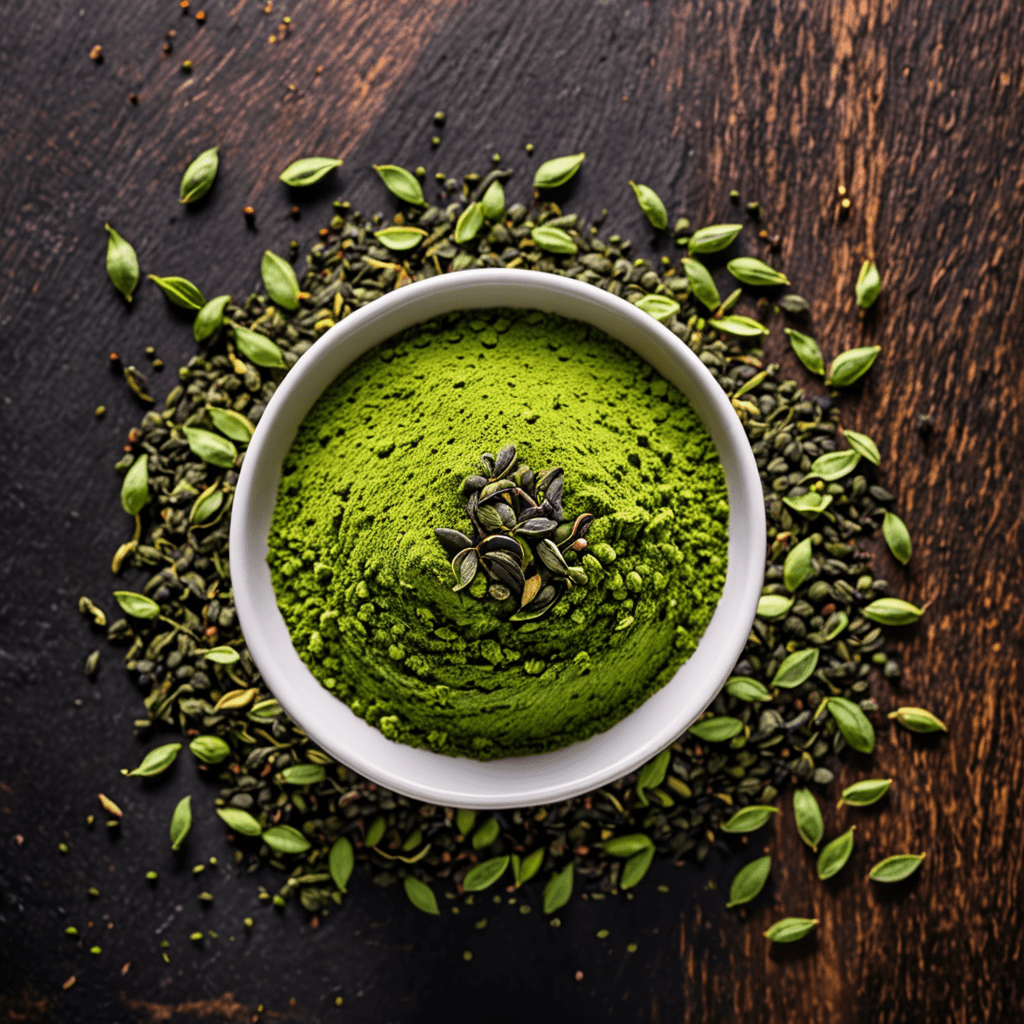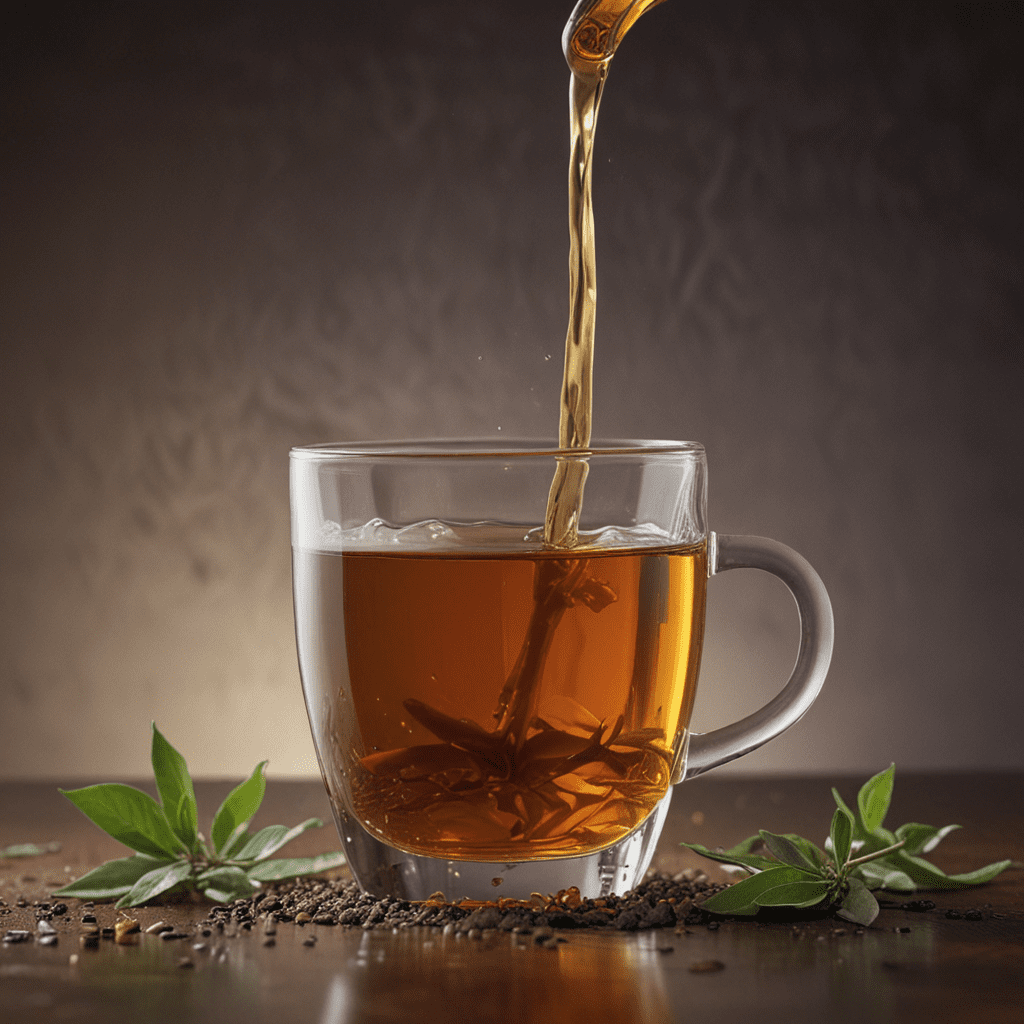
Green Tea Powder vs Matcha: Understanding the Differences
Green tea powder and matcha are often used interchangeably, but they are not the same. Let’s delve into the distinctions between these two beloved tea varieties.
What is Green Tea Powder?
Green tea powder, also known as powdered green tea or ground green tea leaves, is made by grinding the leaves of the Camellia sinensis plant into a fine powder. This form of green tea is versatile and can be used in various recipes, including smoothies, baking, and cooking.
Understanding Matcha
Matcha, on the other hand, is a finely ground powder of specially grown and processed green tea leaves. The process of growing and harvesting matcha differs from that of regular green tea, resulting in its unique flavor and nutritional profile.
Taste and Aroma
One of the key differences between green tea powder and matcha lies in their taste and aroma. Green tea powder may have a more robust and slightly bitter flavor, while matcha is known for its creamy, umami-rich taste with a hint of sweetness.
Nutritional Value
When comparing the nutritional value, matcha stands out for its higher concentration of antioxidants, chlorophyll, and amino acids. This makes matcha a popular choice for health-conscious consumers looking to incorporate beneficial nutrients into their diet.
Best Uses for Green Tea Powder and Matcha
While green tea powder can be incorporated into a wide range of recipes, matcha is often preferred for traditional tea ceremonies, lattes, and desserts. Understanding the best uses for each type can help in determining which one is more suitable for specific culinary creations and beverage preferences.
FAQ: Answering Common Queries
Q: Can green tea powder be used as a substitute for matcha in recipes?
A: While green tea powder can be used as a substitute in certain recipes, it’s important to note that the distinct flavor and texture of matcha may not be replicated accurately. For beverages and dishes where matcha is the primary flavor, it’s advisable to use authentic matcha for the best results.


